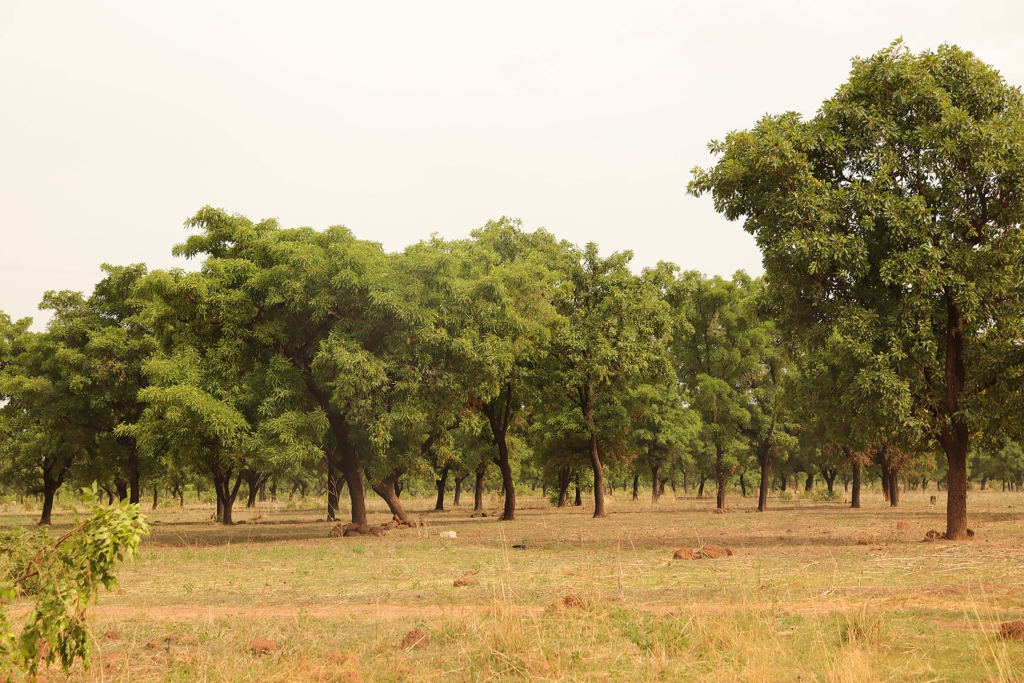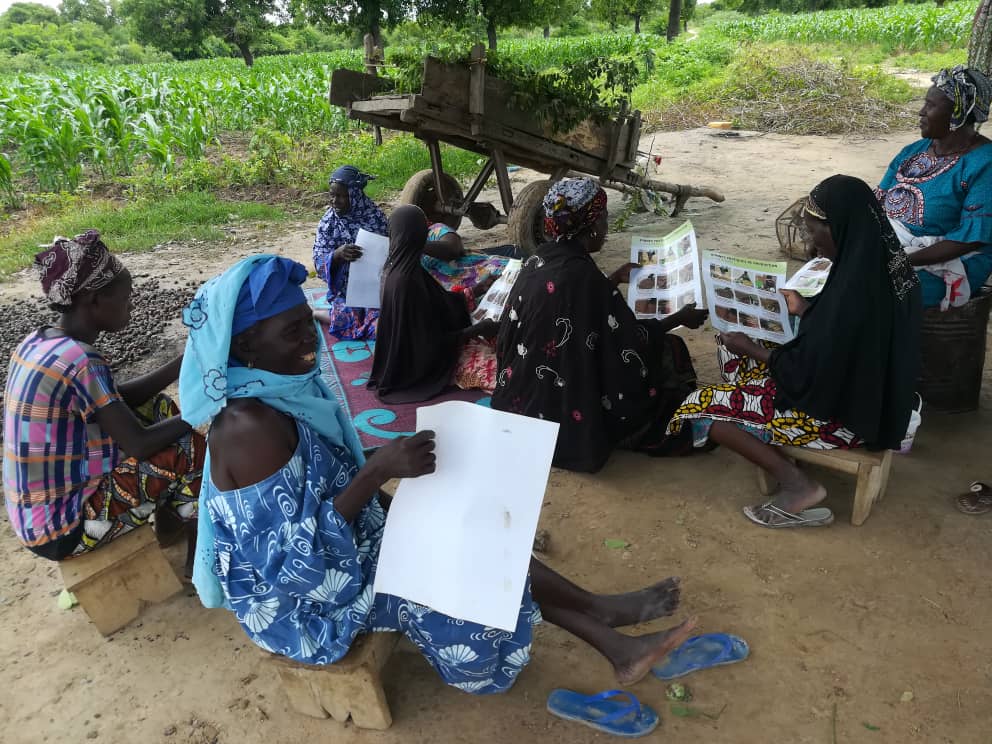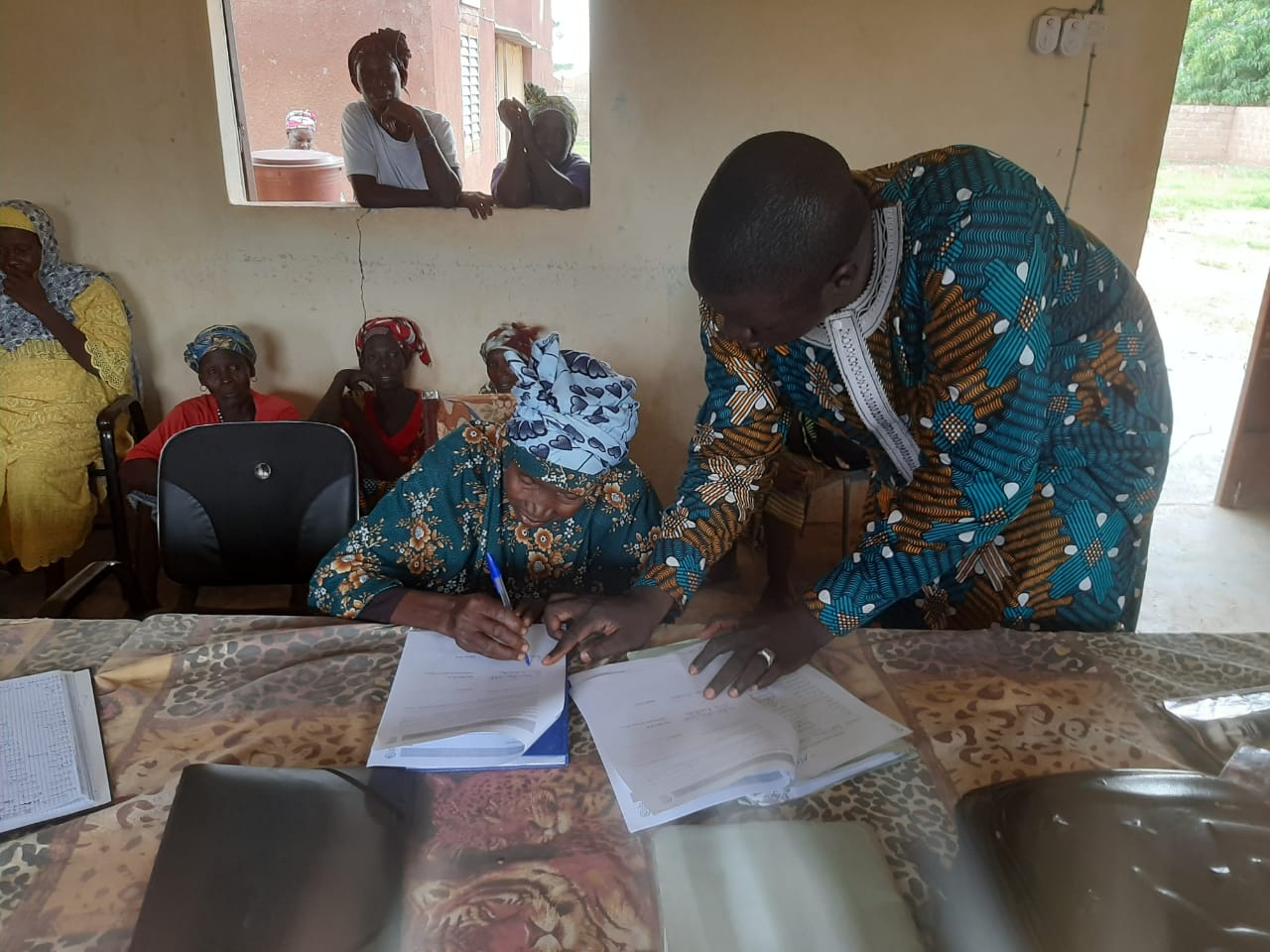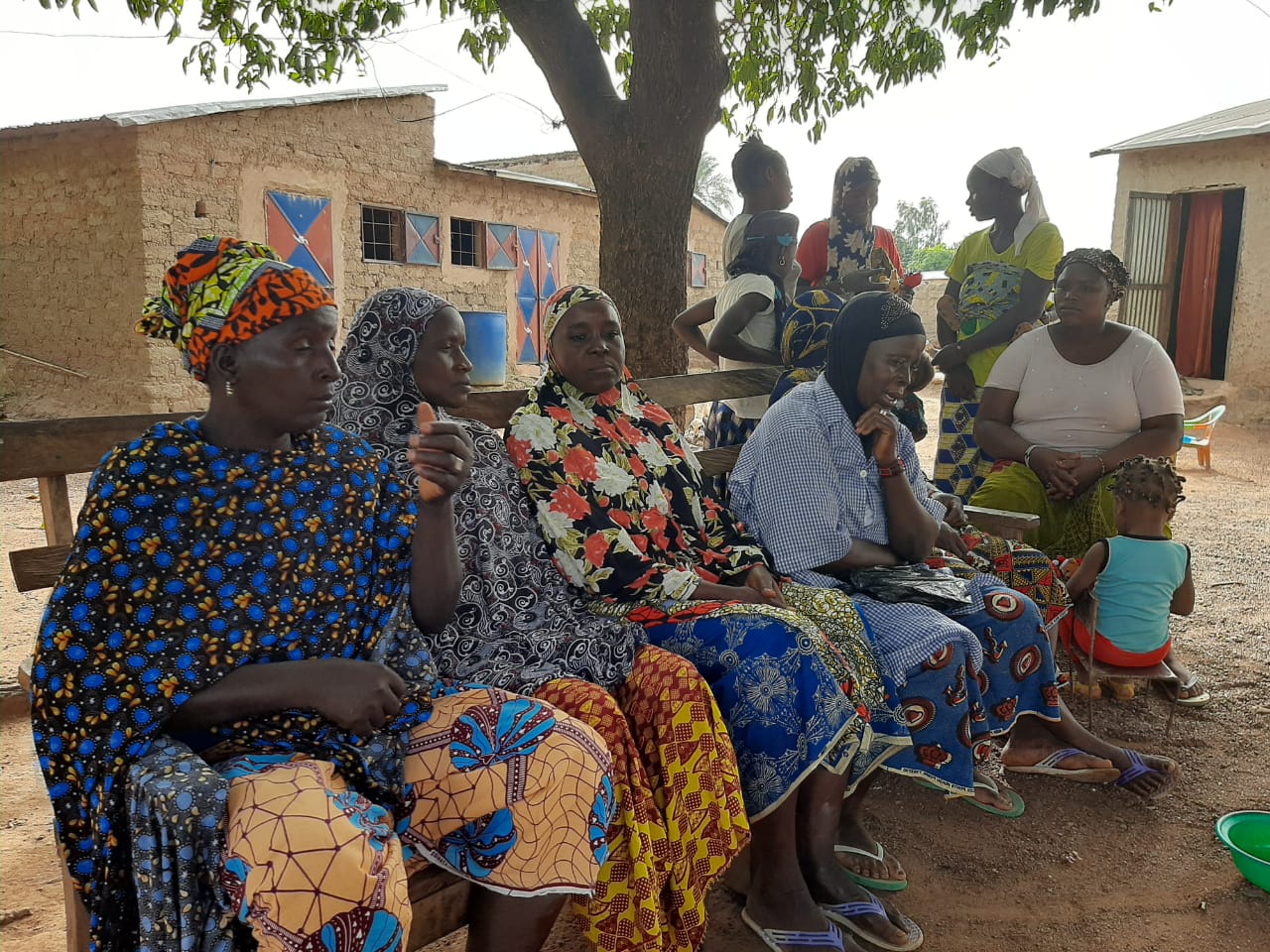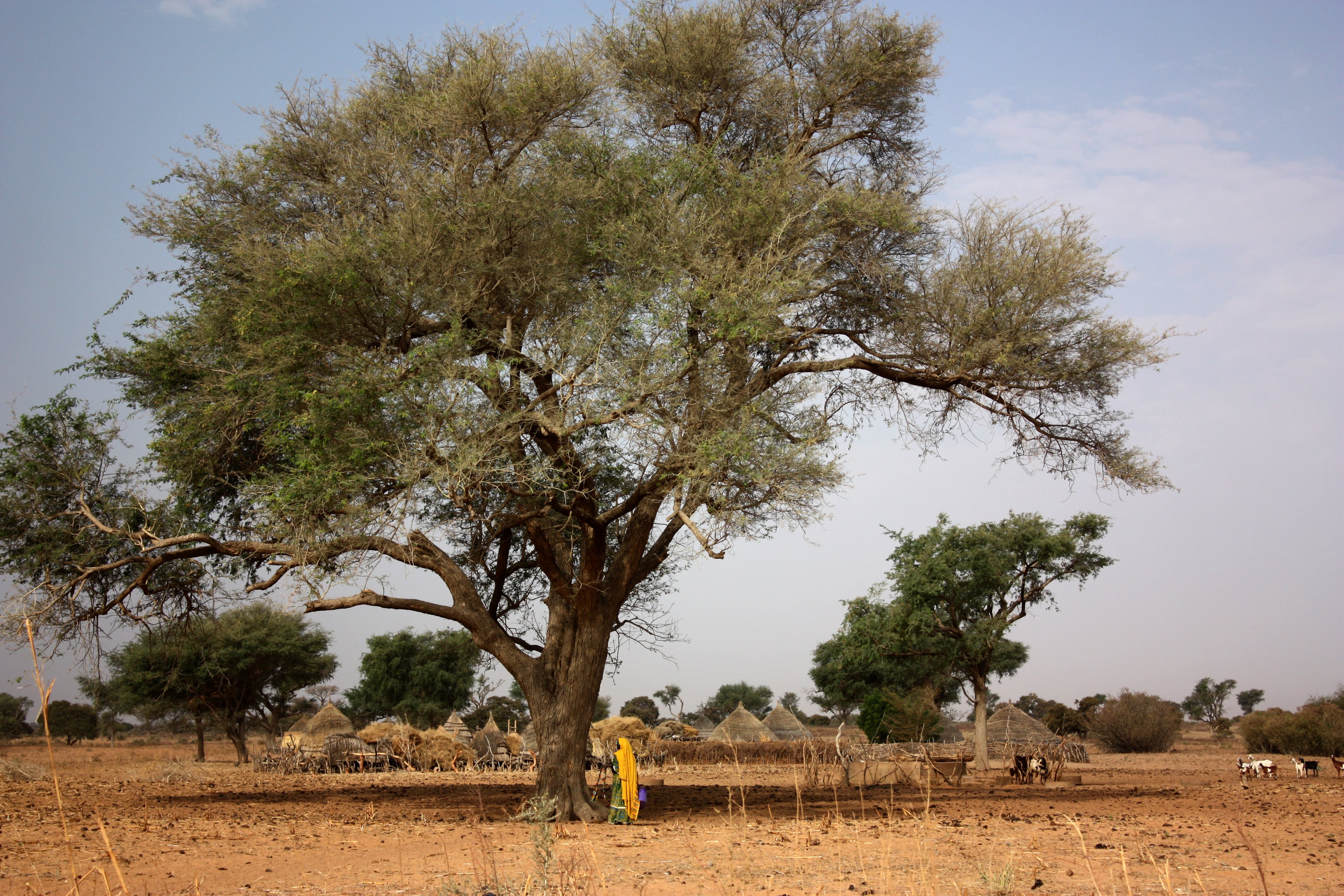Do you know where you can find shea?
The shea tree (Vitellaria paradoxa), the source of one of Africa's oldest oils, is a tree found only in Africa, in a geographical range that stretches over 5,000 kilometers from the West to the East of the continent, from Senegal to Sudan, via 21 nations.
Shea butter is without a doubt one of the oldest edible vegetable oils created by man, having been used for millennia. There is archaeological evidence that shea orchards have been in northern Burkina Faso for 1000 years, and there is rising evidence that the shea kernel was known to the Egyptians for far longer. It is 6000 years old.
For centuries, famous explorers have reported on walnut cultivation. The nut would have been handed to the legendary Moroccan adventurer Ibn Battuta between 1349 and 1354, during his trek from the Sahara to Mali. A few decades later, it was the turn of the Scottish explorer Mungo Park to emphasize its significance in people's everyday lives. During his hunt for the Niger River's origins between 1795 and 1797, he would also detail his considerable trading. We owe the first known botanical sketches of the tree and the first effort to define the species to him in particular.


Socio-Economic Impact
Mali Shi works across various disciplines to achieve socioeconomic impact.
Socioeconomic value creation
-
Local almond processing in Mali Shi has produced 128 jobs, including 90 direct positions at the Banankoro factory.
-
Supporting women's organizations via commercial, management, and quality training, promotes the formation of formal and autonomous economic cooperatives with their own warehouses and direct access to the shea market.
-
Mali Shi's equity-financed structuring initiatives in Kalana enabled the formation of a union of 31 cooperatives in 2019. The organization presently has 1,766 members who offer quality kernels to Mali Shi.
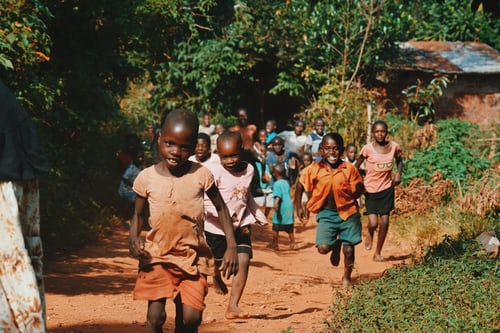
Socioeconomic value creation
-
Local almond processing in Mali Shi has produced 128 jobs, including 90 direct positions at the Banankoro factory.
-
Supporting women's organizations via commercial, management, and quality training, promotes the formation of formal and autonomous economic cooperatives with their own warehouses and direct access to the shea market.
-
Mali Shi's equity-financed structuring initiatives in Kalana enabled the formation of a union of 31 cooperatives in 2019. The organization presently has 1,766 members who offer quality kernels to Mali Shi.


What distinguishes Mali Shi?

Innovation
Mali Shi's production capacity is regularly expanded via the acquisition of sturdy, adaptable, and lucrative machinery.

Sustainability
Mali Shi completely supports the objective of sustainable development for a nation that ranks 182nd out of 188 on the 2018 United Nations Human Development Index.

Quality
A full Quality, Hygiene, Health, and Environment (QHSE) team has been established inside Mali Shi's organizational structure to increase quality control capacities.

Collecting Network
Mali Shi prioritizes direct purchases from women collectors through its own network, which is the main source of supply.


